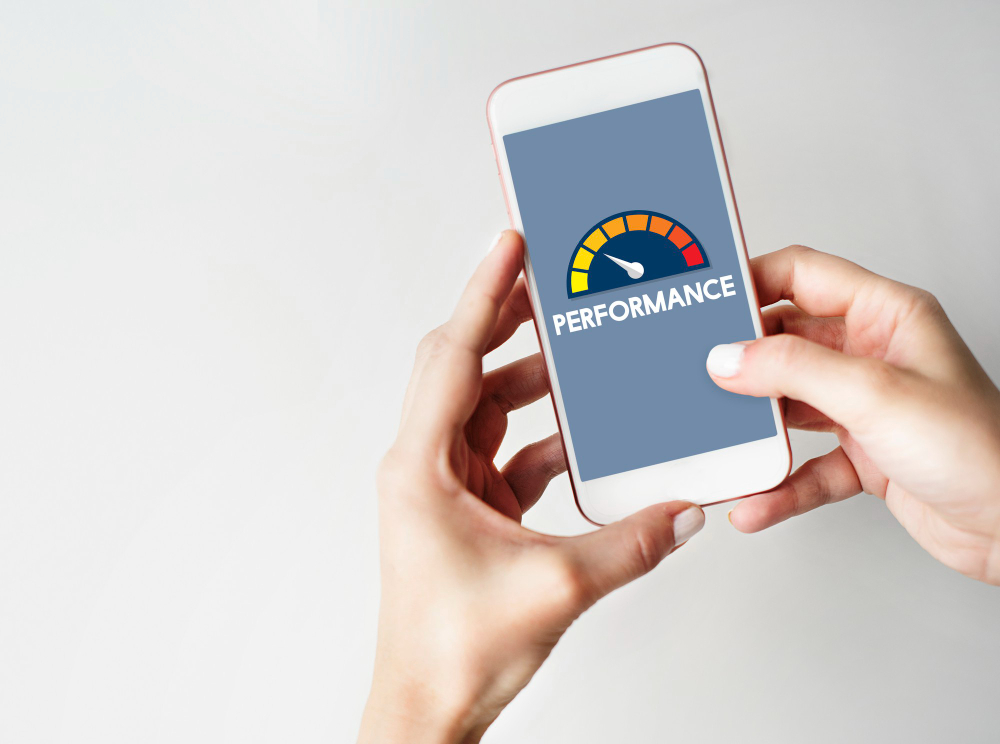Introduction to the Credit Card Dilemma

Credit card debt is a modern financial epidemic, impacting millions of individuals and families across the globe. The convenience and rewards associated with credit cards can be enticing, but without proper management, they can lead to a slippery slope of accumulating debt. The cycle of interest, fees, and ever-growing balances can turn what was once a tool for financial flexibility into a burden that hinders one’s economic freedom. In this article, we aim to explore practical steps to not just manage, but to altogether avoid the trap of credit card debt, ensuring a healthier financial future.
Understanding Your Spending Habits
One of the initial steps in preventing credit card debt is to have a clear understanding of your spending habits. By closely examining where your money goes each month, you can begin to spot patterns and identify areas where you may be overspending. This could include non-essential purchases, frequent dining out, or costly subscriptions that do not add significant value to your life. Acknowledging and adjusting these habits can make a significant difference in your financial landscape, setting the stage for more conscious spending and empowering you to take control of your credit card use.
The Importance of Budgeting and Tracking Expenses
Budgeting is a cornerstone of financial responsibility, and it becomes especially crucial when you’re trying to steer clear of credit card debt. By creating a realistic budget, you’re drawing a roadmap for your spending that aligns with your income. This strategic plan helps ensure that you live within your means and avoid the temptations to spend more than you can afford. However, crafting a budget is just the beginning. The real challenge lies in adhering to it, which requires diligently tracking your expenses. Keeping a close eye on every transaction, whether that’s through a mobile app or an old-fashioned spreadsheet, gives you the insight to make informed financial decisions. With a budget and expense tracking in place, you’re better equipped to recognize potential pitfalls before they ensnare you in a cycle of debt.
Knowing Your Credit Card Terms Inside Out
Ignorance is not bliss when it comes to the terms of your credit cards. Understanding the fine print, such as interest rates, annual fees, grace periods, and penalty charges, is foundational to using credit cards wisely. Not all credit cards are created equal, and some may have terms that are more conducive to debt accumulation. To keep yourself shielded from unwanted surprises, it’s imperative to be fully aware of what you’re agreeing to. This knowledge lends you power – the power to choose the right card for your lifestyle, the power to negotiate better terms, and the power to use your card in a way that benefits rather than hinders your financial health.
The Power of Cash: Alternative Payment Strategies
In a world dominated by plastic, paying with cash can seem archaic. However, using cash as your primary payment method can be an effective strategy to curb credit card debt. Physical currency has a psychological impact that is often lost with card transactions. The act of handing over cash and watching your wallet thin out can create a stronger sense of spending which may lead to more thoughtful purchases. If going all-cash isn’t practical, consider using a debit card tied to your bank account or a prepaid card. These methods provide the convenience of a credit card without the risk of accruing debt. The goal is to find a payment strategy that keeps you within your set budget and away from the perils of easy credit.
How Smart Use of Credit Card Rewards Can Benefit You
Credit cards are well-known for their rewards programs, which when used wisely, can actually be advantageous. From cashback offers to points redeemable for travel or merchandise, leveraging credit card rewards can help mitigate some of the costs associated with your purchases. The key here is to use your credit card for planned expenses that are already within your budget, ensuring you pay off the balance in full each month to avoid interest charges. By doing so, you earn valuable rewards without falling into the trap of carrying a balance and accruing debt.
Say No to Impulse Purchases: Developing Self-Discipline
The immediate gratification that comes with impulse purchasing can lead to financial downfall. To maintain a healthy distance from credit card debt, it’s vital to practice self-discipline. This might mean avoiding store sales that are not budgeted for, unsubscribing from marketing emails that tempt you to spend, or even waiting a full day before making a non-essential purchase to ensure it’s something you truly need or want. Establishing these habits can strengthen your resolve and help you make spending decisions that are aligned with your financial goals.
Seeking Professional Financial Advice Early
If you find yourself unsure about how to handle your credit situation, seeking professional financial advice can be a crucial step towards staying debt-free. Financial advisors can provide personalized insights and strategies to manage your credit more effectively. They can help you understand the nuances of credit reports, scores, and how to optimize your financial status. An early consultation can prevent small issues from becoming larger problems, keeping you on a path to a stable and robust financial future.
Conclusion: Staying Debt-Free and Financially Healthy
In conclusion, avoiding credit card debt requires a combination of knowledge, discipline, and proactive financial management. By understanding your spending habits, making informed decisions about credit card use, and seeking professional advice when needed, you can navigate the world of credit with confidence. Remember, while credit cards can be a powerful financial tool, their benefits are best enjoyed when used responsibly. Stay committed to your financial well-being, and you’ll find that living within your means doesn’t just help avoid debt—it leads to a more peaceful and secure financial life.



